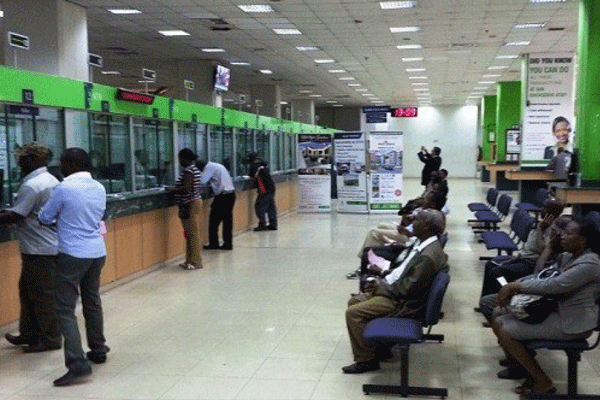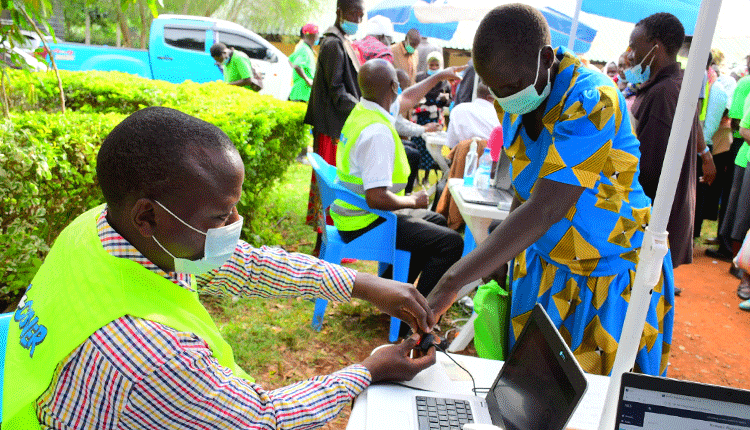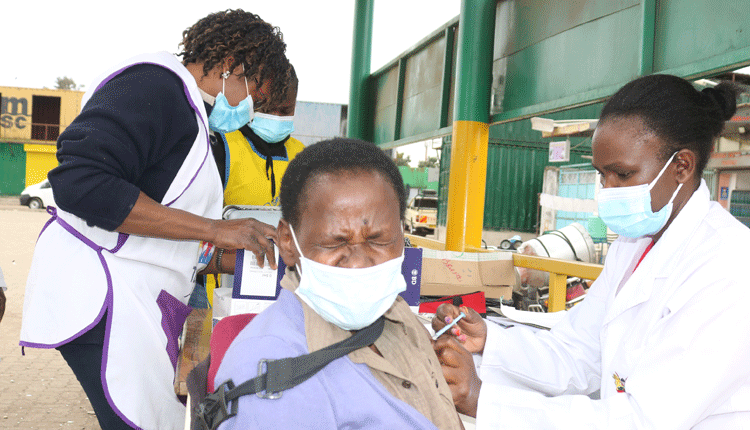Private sector lending to hit double digit this year

Lewis Njoka@LewisNjoka
Investment analysts are predicting that the private sector will gobble up more loans this year than they have done in any of the last five years.
In its 2021 economic outlook released yesterday, asset management firm, ICEA Lion said it expects lending by banks to pick up again this year, after a long period of muted credit growth.
“Private sector credit growth has been on single digit, but for the first time in five years we expect it to hit double digit in 2021,” said Judd Murigi, the head of research at ICEA Lion.
“Banks have been starved of credit opportunities for almost five years now because of rate cap and the pandemic, but we expect that they will be more in favour of lending as risk appetite improves in 2021,” he added.
Murigi called on banks to rethink the practice of avoiding lending to small and medium enterprises (SMEs), saying Covid-19 pandemic had proved that they were more resilient than earlier thought.
“Banks incurred more loan losses from corporate loans as compared to SME loans. I think that provides a learning opportunity for banks that the traditional high risk perception that the SMEs have suffered for years needs to be adjusted,” he added.
In December last year, the government launched a micro, small and medium enterprises (MSME) Credit Guarantee Scheme under which Sh10 billion will be made available to the businesses over the 2020/21 and 2021/2022 financial years.
Three billion shillings was immediately made available to MSMEs offered through seven banks namely KCB Bank, Co-operative Bank, Diamond Trust Bank, Stanbic, Absa, Credit Bank and CBA Bank.
Sharpest fall
According to the ICEA Lion outlook, manufacturing education, hospitality, transport and trade sectors are expected to lead GDP recovery in this year.
Last year, accommodation and restaurants and education sectors had the sharpest fall in economic activity due to the pandemic.
Accommodation posted an 83 per cent dip in the second quarter of 2020 while education contracted by 56 per cent.
“There is a possibility that the weak performance of these two sectors will persist in the third and fourth quarter of 2020.
The gross domestic product (GDP) data isn’t out yet,” Murigi said. Normally, the restaurants and accommodation sector performs well in the fourth quarter due to the Christmas festivities but this was hampered by the Covid-19 containment measures in place.
Health and agriculture sectors proved the most resilient during the pandemic, posting a 10 and 6.4 per cent growth respectively in the second quarter of 2020, up from about five per cent posted a similar time in 2019.
However, inflation has been rising hitting an eight month high towards the end of 2020 and it is predicted to keep rising, according to the ICEA Lion outlook.
Speaking during the event, Nairobi Securities Exchange (NSE) Chief executive, Geoffrey Odundo called on the investment sector to adopt technology, noting that Kenya’s saving rate of 7.97 per cent was below the sub-Saharan average of 19 per cent and the Vision 2030 goal of 30 per cent.
“The next phase of competition in investment will be monetisation and use of big data,” he said.















